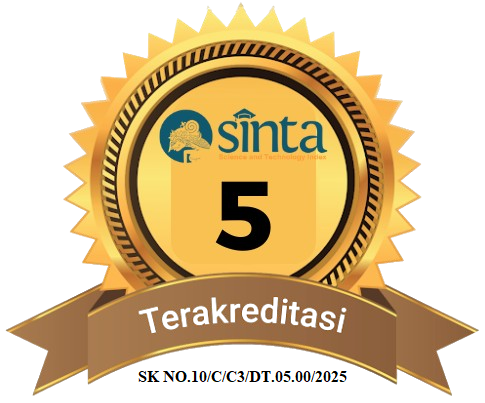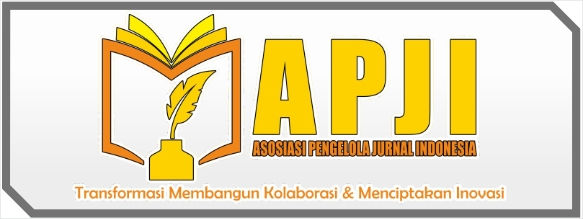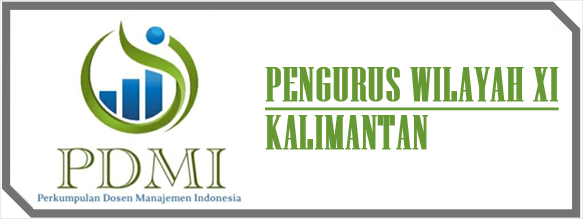UNDERSTANDING THE DYNAMICS OF CORN MARKET INTEGRATION IN EAST JAVA
DOI:
https://doi.org/10.62394/projmb.v3i2.121Keywords:
Producers, Consumers, Price Transmission, Fluctuations, Market IntegrationAbstract
This study aims to analyze price variations at both the producer and consumer levels (1), investigate price transmission elasticity (2), and assess the degree of integration in the vertical corn market between producers (farmers) and consumers (retailers) in East Java Province (3). The analysis of market integration serves as vital input for the government in formulating agricultural development policies within the research area. Conducted as a quantitative study, this research utilized secondary data, specifically monthly time series data spanning from January 2018 to December 2021. The data included corn price information at the producer level sourced from the Agriculture and Food Security Office of East Java Province, and consumer-level corn price data obtained from the East Java Province Industry and Trade Office (SiSKAPERBAPO website). The data underwent descriptive quantitative analysis. The findings reveal that the coefficient of price variation at the producer level is 8.9 percent, indicating high fluctuation and instability, whereas at the consumer level, it stands at 2.8 percent, signifying lower and stable fluctuations. The price elasticity (et) of corn for the years 2019-2021 was calculated as 0.0033 (inelastic), -0.2029 (inelastic), and 2.6359 (elastic), respectively. These results suggest that the rate of price change at the consumer level exceeded that at the producer level (an et value > 1 indicates inefficient corn marketing). The analysis of corn market integration in East Java reveals weak integration between producer and consumer markets in both the short and long terms. This indicates imperfect transmission of market information by market participants, particularly large traders who play a significant role as price setters.
Downloads
References
Acharya, A., Vellakkal, S., Taylor, F., Masset, E., Satija, A., Burke, M., & Ebrahim, S. (2013). The impact of health insurance schemes for the informal sector in low-and middle-income countries: a systematic review. The World Bank Research Observer, 28(2), 236–266.
Asmara, R., & Ardhiani, R. (2010). Integrasi pasar dalam sistem pemasaran bawang merah. Agricultural Socio-Economics Journal, 10(3), 164.
Asmarantaka, R. W. (2009). Pemasaran Produk-Produk Pertanian dalam Bunga Rampai Agribisnis Seri Pemasaran. Departemen Agribisnis, Fakultas Ekonomi Dan Manajemen, Institut Pertanian Bogor.
Badan Pusat Statistik Jatim. (2021). Produk Domestik Regional Bruto Provinsi Jawa Timur Triwulanan Menurut Lapangan usaha 2017-2022. https://jatim.bps.go.id/publication/2022/07/08/0490f0168593f15fbeeaf498/produk-domestik-regional-bruto-provinsi-jawa-timur-triwulanan-menurut-lapangan-usaha-2017-2021.html
Irawan, A., & Rosmayanti, D. (2007). Analisis integrasi pasar beras di Bengkulu. Jurnal Agro Ekonomi, 25(1), 37–54.
Maya, L., & Pereira, G. (2015). Informality, Risk Premia, and the Business Cycle. https://liviomaya.github.io/docs/research/2021-InformalityRisk.pdf
Nuraeni, D., Anindita, R., & Syafrial, S. (2015). Analisis variasi harga dan integrasi pasar bawang merah di Jawa Barat. Habitat, 26(3), 163–172.
Rahayu, E. S. (2013). Analisis struktur pasar (market structure) jagung di Kabupaten Grobogan. Journal of Rural and Development, 4(1).
Rahmadani, N. (2022). Analisis Struktur Perilaku Dan Kinerja Pemasaran Komoditas Jagung Di Desa Campagaya Kecamatan Galesong Kabupaten Takalar [Universitas Muhammadiyah Makassar]. https://digilib.unismuh.ac.id/dokumen/detail/30094/
Rapsomanikis, G., Hallam, D., & Conforti, P. (2006). Market integration and price transmission in selected food and cash crop markets of developing countries: review and applications. Agricultural Commodity Markets and Trade, 187–217.
Santika, A. (2008). Agribisnis Cabai. Penebar Swadaya.
Sari, M. P., Deliana, Y., & Rochdiani, D. (2021). Integrasi Pasar Jagung di Indonesia. Jurnal Agrinika : Jurnal Agroteknologi Dan Agribisnis, 5(2), 147. https://doi.org/10.30737/agrinika.v5i2.1967
Sexton, R. J., Kling, C. L., & Carman, H. F. (1991). Market integration, efficiency of arbitrage, and imperfect competition: methodology and application to US celery. American Journal of Agricultural Economics, 73(3), 568–580.
Simatupang, P. (1999). Toward sustainable food security: The need for a new paradigm. CIES, University of Adelaide.
Simbalon, F. (2013). Strategi Pemasaran Global di Pasar Indonesia. Binus Business Review, 4(1), 405–413. https://doi.org/10.21512/bbr.v4i1.1406
Sulaiman, & Widarma. (2018). Cara Cepat Swasembada Jagung (H. Yulianto & Widiarta (eds.)). IAARD PRESS Badan Penelitian dan Pengembangan Pertanian. https://doi.org/10.1017/CBO9781107415324.004
Widarjono, A. (2009). Ekonometrika Pengantar dan Aplikasinya, Edisi Ketiga. Yogyakarta: Ekonesia.
Widiastuti. (2012). Sukses Agribisnis Minyak Atsiri. Pustaka Baru Pers.
Zunaidah, A. D., Setiawan, B., & Anindita, R. (2015). Analisis Integrasi Pasar Apel (Kasus Di Desa Sumbergondo, Kota Batu, Jawa Timur). Habitat, 26(3), 183–194.




















